COVID-19 Response
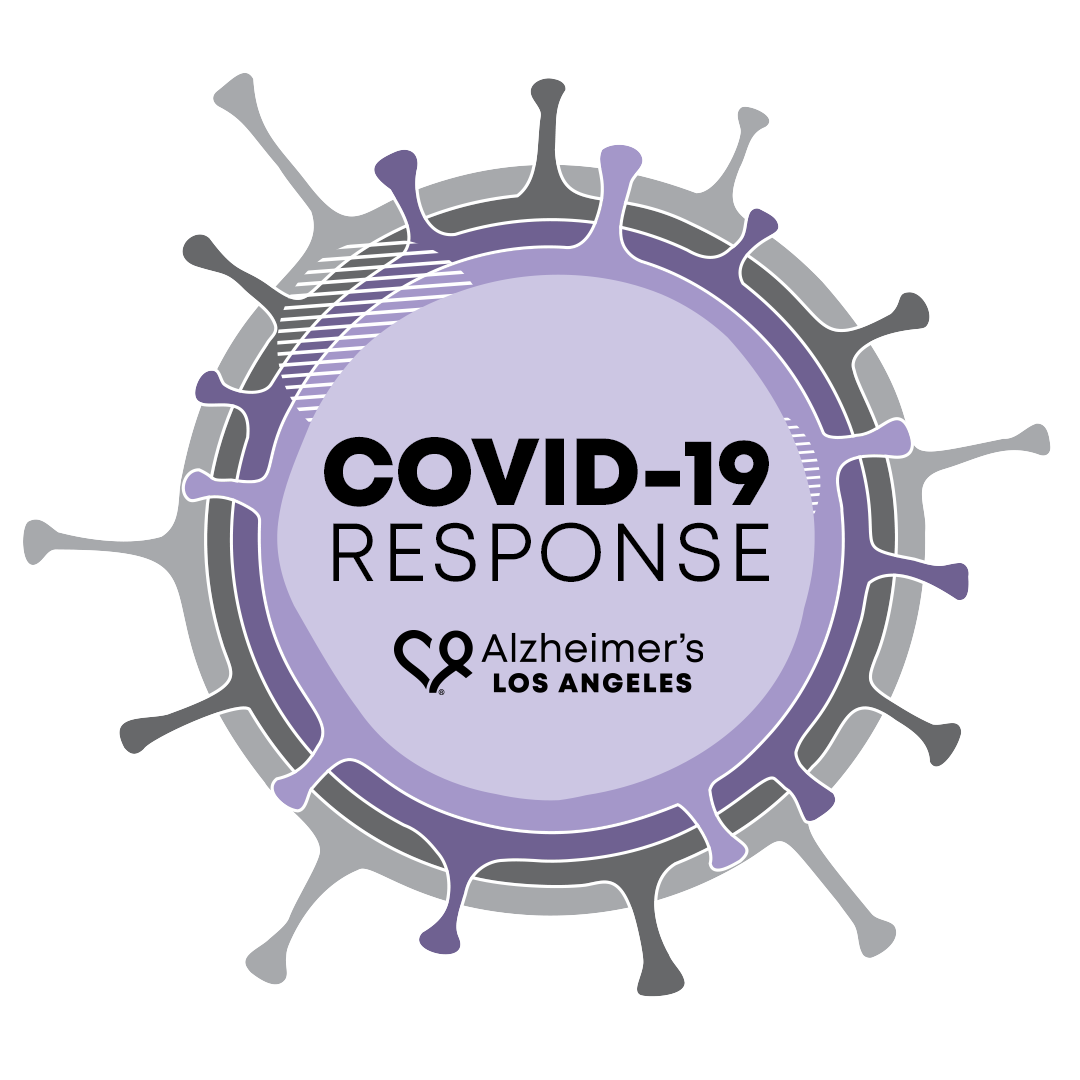
Alzheimer’s Los Angeles is working to respond to the needs of people facing new challenges during the coronavirus pandemic. Caring for a person with Alzheimer’s or another dementia is difficult under the best of circumstances, and the current crisis and resulting economic impact have made things even harder and have thrown some families into crisis.
We Can Help
Support and education for those caring for someone with Alzheimer’s or another dementia are critically important especially in these challenging and unpredictable times. We are creating new ways to bring you programs that provide resources, information, and guidance. Below are details on some of the ways in which we have modified our programs:
- We are offering support groups by phone and using online video technology facilitated by our knowledgeable staff. These support groups continue providing caregivers with the emotional support and education they need to better understand and manage Alzheimer’s and other dementias.
- We are delivering valuable information and guidance through online classes and webinars.
Impact Report
Alzheimer’s LA accelerated our response to the needs of our local community while staying safe and holding to our core values. During March-June 2020 our dedicated team was able to:
- provide critical resources to families including food, medicine, and personal protective equipment
- hold over 60 virtual support groups in multiple languages
- provide educational presentations through our “Learn at Home” online series to over 700 participants
- create and distribute brand-new caregiver tip sheets in English and Spanish
- provide disease education, care planning, support, referrals, and crisis management to over 900 caregivers
- educate over 300 healthcare professionals on dementia and COVID-19
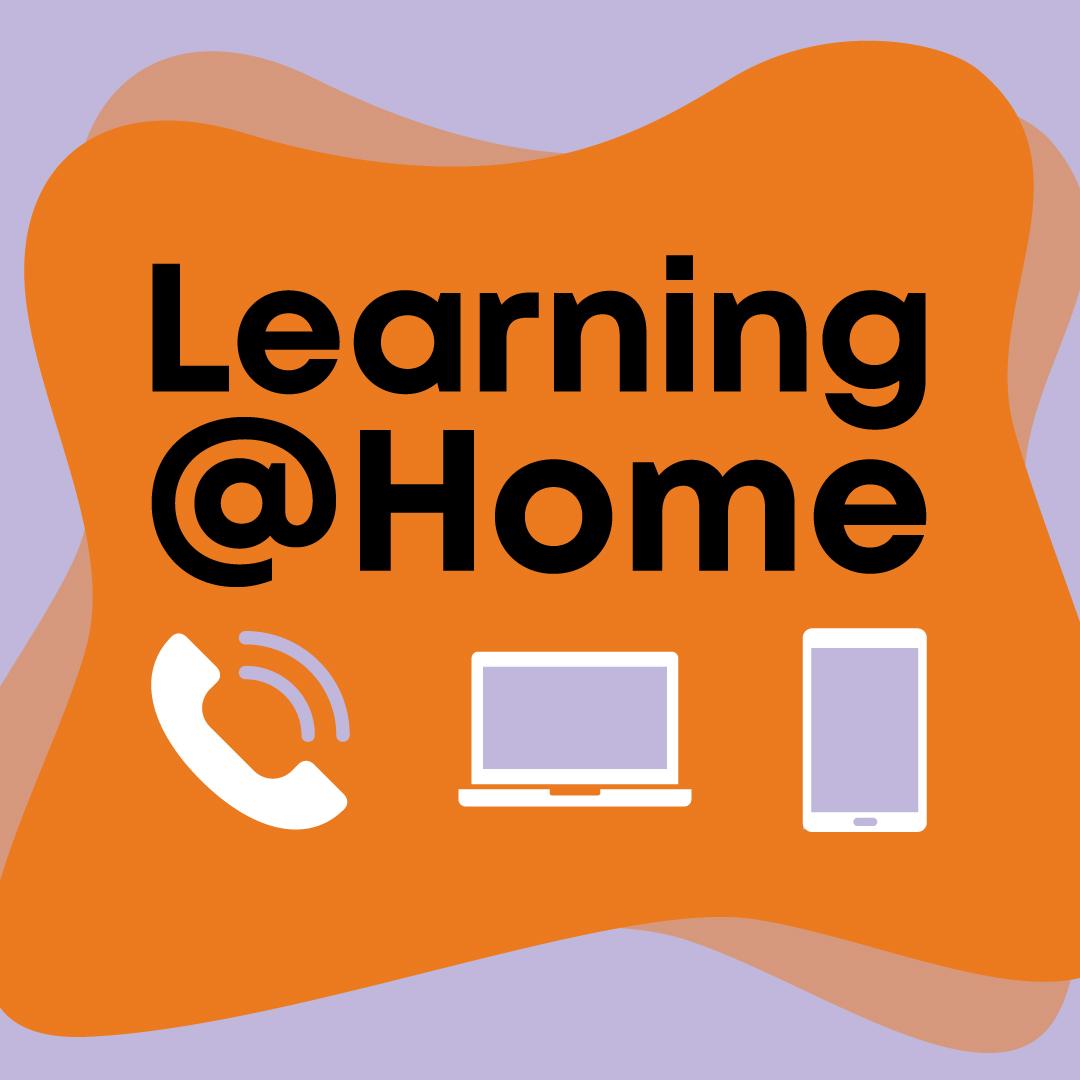
Learning
@Home
Alzheimer’s Los Angeles provides educational programs for families and individuals facing Alzheimer’s or another dementia, as well as for community members. These programs are free of charge and are offered in the comfort of your own home. Join us by online video chat or by telephone.
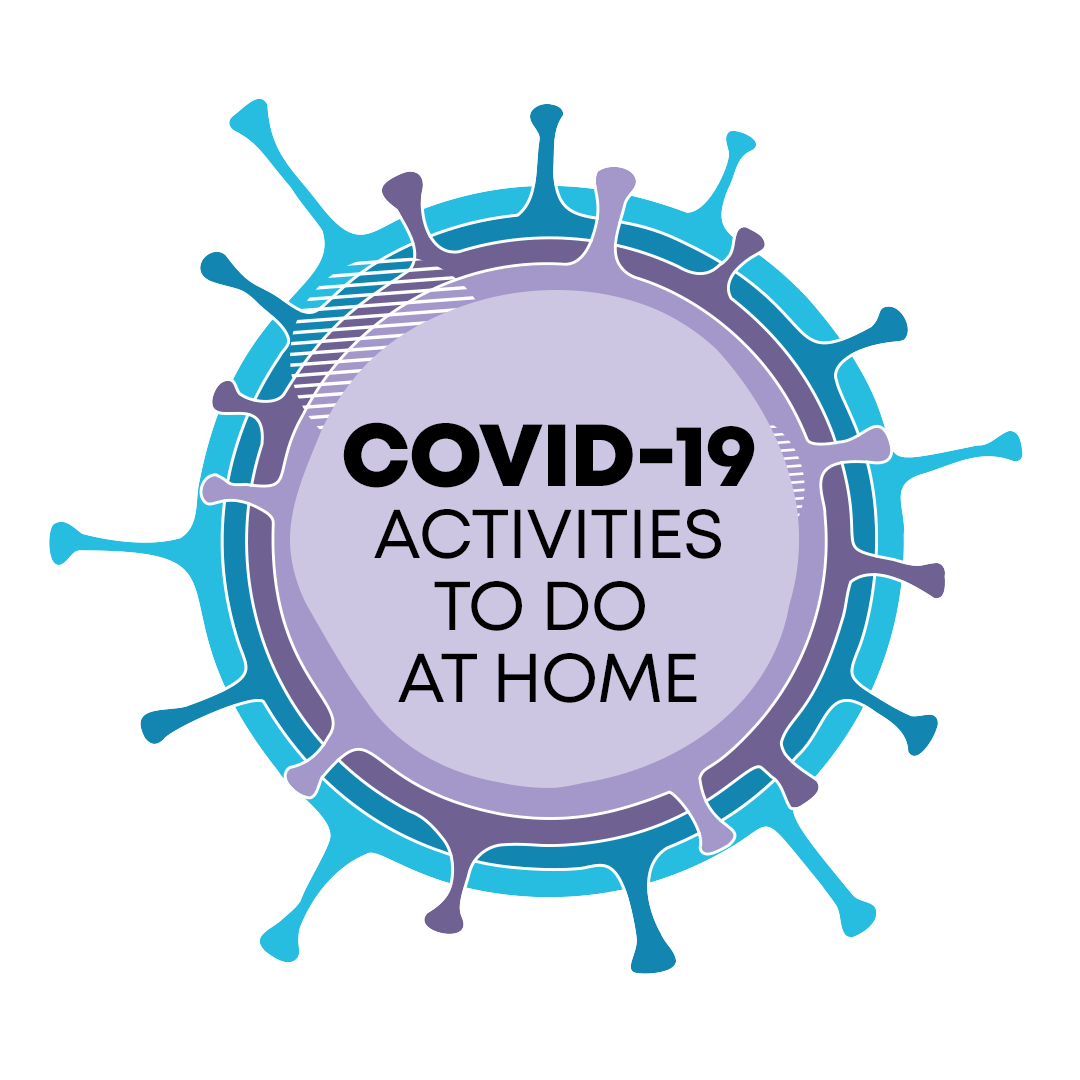
COVID-19: Activities to Do At Home
During the COVID-19 Safer at Home order, older adults are being asked to stay indoors to lower risk of exposure.
To help organize your days, we have put together lists of activities to do at home with someone who has a diagnosis of Alzheimer’s or another dementia, regardless of their stage in this journey.
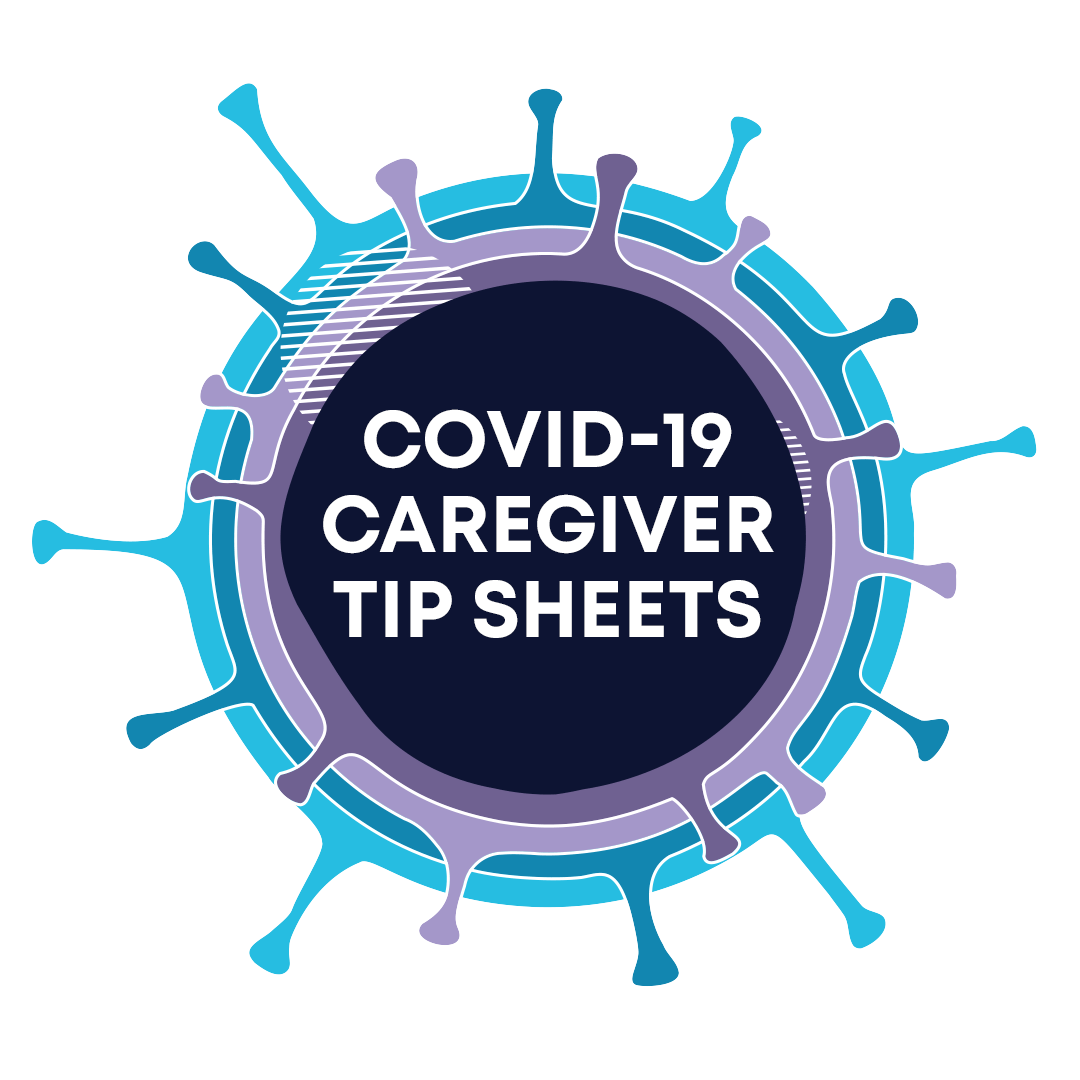
COVID-19 Tip Sheets
COVID-19 is disrupting routines and turning care for someone with dementia into a potential nightmare for families. We have prepared four tip sheets to help caregivers manage those living with dementia during these difficult times.

COVID-19 Challenges
Caregiving for a person with dementia is exhausting under the best of circumstances, and now COVID-19 is turning care into a potential nightmare for families. Alzheimer’s LA has shifted our services to provide the critical care families need more than ever.
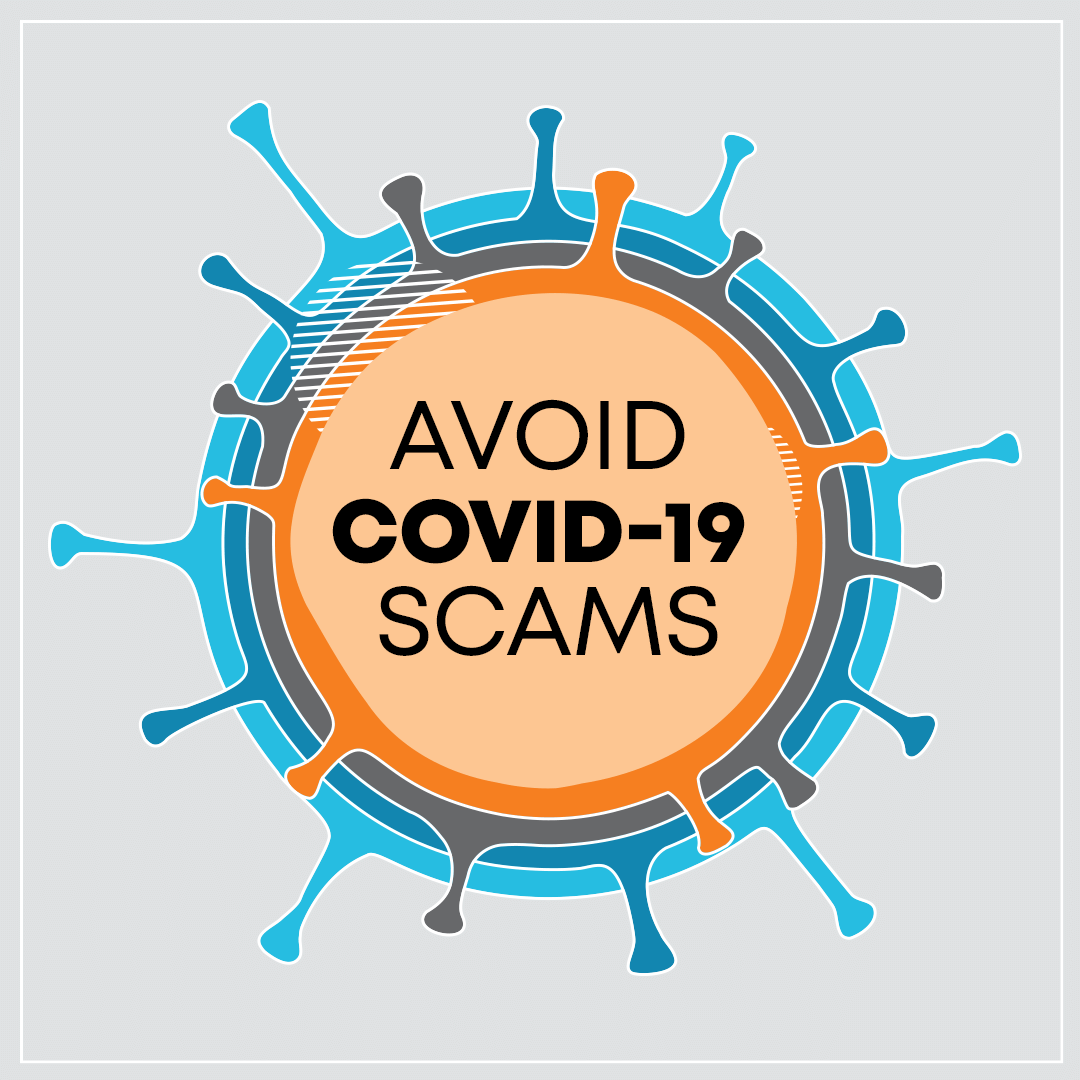
How to Avoid COVID-19 Scams
Scammers are quick to exploit emergencies to cheat people out of money, and the coronavirus pandemic unfortunately is no exception.
Below are some scams that are using the current COVID-19 situation to trick individuals, especially the elderly.
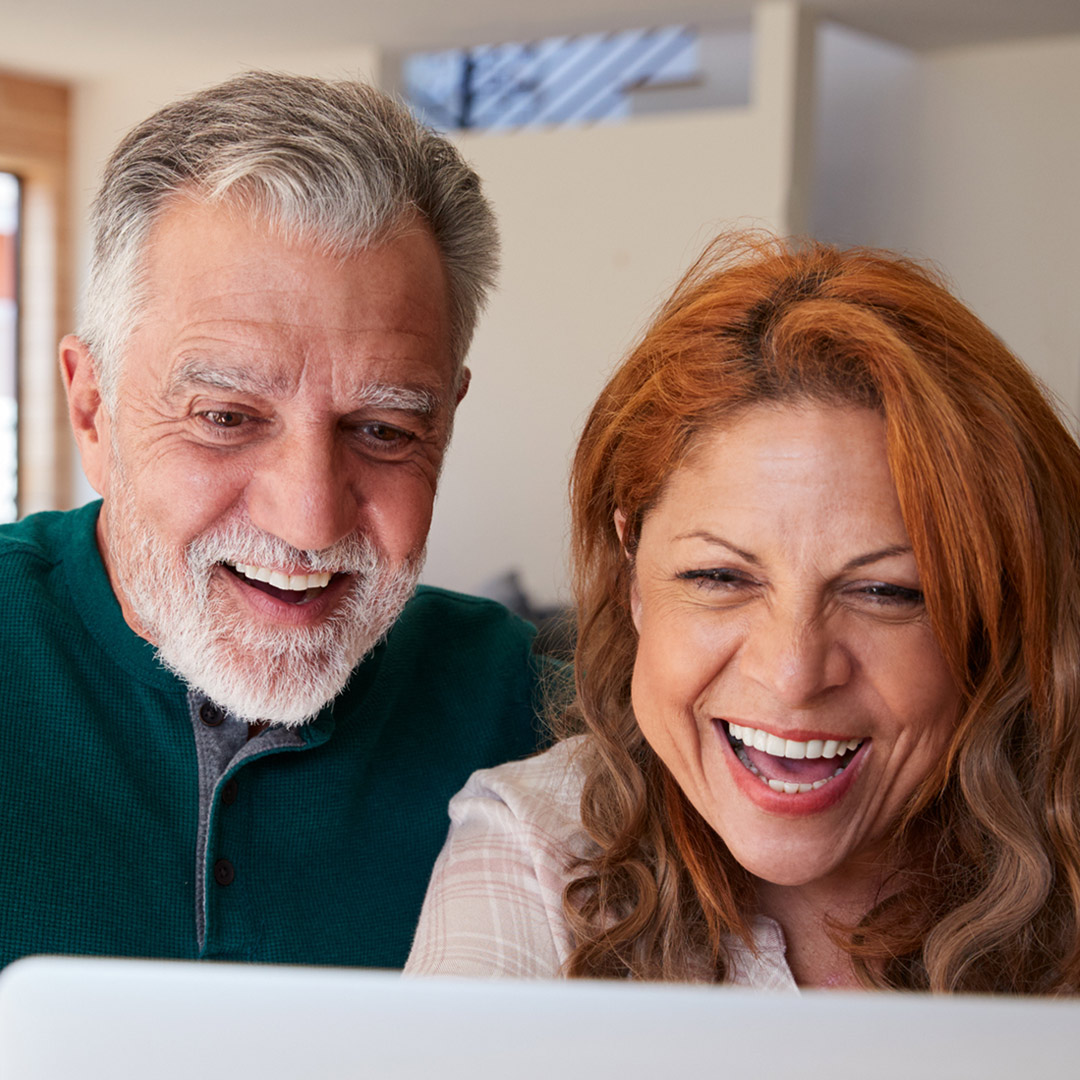
Tips for Social Distancing
During this unprecedented time, we are providing regular advice and practical tips for people living with Alzheimer’s or another dementia and for the caregivers supporting them.
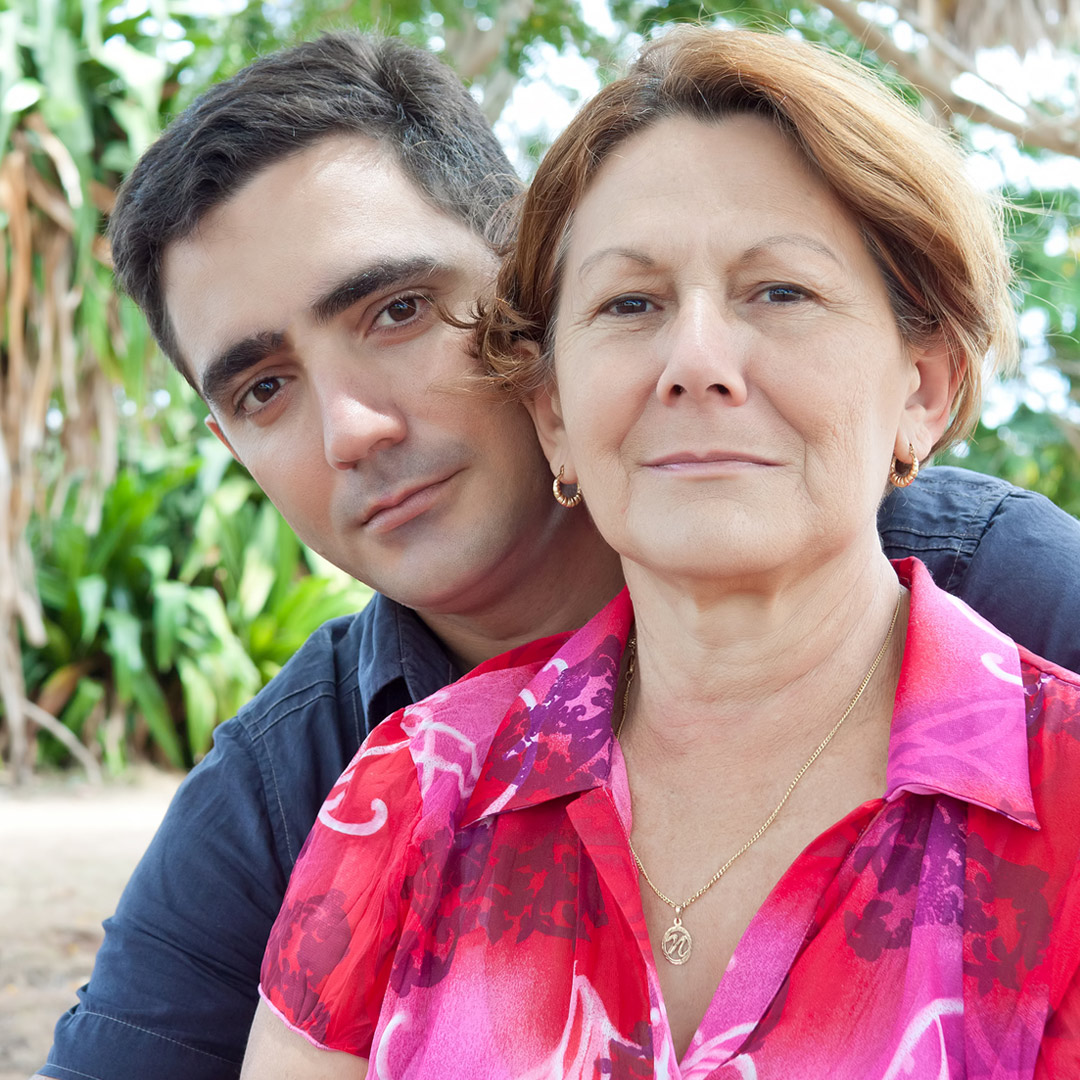
Caregiving During COVID-19
We understand the challenge of trying to weigh the risk of having the help you need versus the incredible demands of caregiving all by yourself.
Helpline is Open
Our Helpline is open, and we are here to help you. Call us at 844-435-7259. Our highly skilled care counselors are available to help you cope during this very challenging time and to help you connect with necessary resources.
In-Person Events & Classes Postponed
Out of an abundance of caution that recognizes the unique needs and vulnerability of our community, Alzheimer’s LA has decided to postpone all public/in-person events, classes, and programs indefinitely. We will continue to monitor the situation closely and reassess as needed.
COVID-19 Webinars
Alzheimer’s LA at the Forefront of Combating Inequity
Alzheimer’s Los Angeles is pleased to announce a brand-new virtual speaker series, Alzheimer’s LA at the Forefront of Combating Inequity. See how our team is addressing our community’s needs during COVID-19, including advocating around health inequities, caregiving in crisis, and understanding how local and national policy and budget cuts will affect our community.
Advocating for Change & Protecting our Vulnerable Community
Tuesday, July 28, 2020
Join Dr. Debra Cherry as she provides an insiders’ look at the recommendations from the National Alzheimer’s Project Act (NAPA) and the perspective on creating systems to support families facing Alzheimer’s. Alzheimer’s LA Director of Public Policy shares California’s budget impacts from COVID-19.
Speakers include Dr. Debra Cherry, Executive VP, and Barbra McLendon, Director of Public Policy.
Inequities & Alzheimer’s during the time of COVID-19
Tuesday, July 21, 2020
COVID-19 has shed a light on inequities throughout our community, from impacts on communities of color to lack of training for healthcare communities. Please join this session to hear an inside look from key leaders at Alzheimer’s LA.
Speakers include Jennifer Schlesinger, Associate VP of Healthcare Services & Community Ed, Petra Niles, Senior Manager of African American Services, Alicia Villegas, Director of Early Stage & Latino Services, and Angie Yeh, Manager of Asian Pacific Islander Services.
Caregiving in Crisis
July 14, 2020
Join Alzheimer’s LA for an exclusive look at how our team is addressing our community’s needs during COVID-19, including advocating around health inequities, caregiving in crisis, and understanding how local and national policy will affect our community.
Speakers: Zina Paris, MSW, Alzheimer’s LA Director of Clinical Services, Tori Boyer, MSW, ASW, Alzheimer’s LA Care Counselor, Katy M. Pinto, PH.D., Professor of Sociology, Caregiver.
African Americans, COVID-19 and Dementia
April 30, 2020

